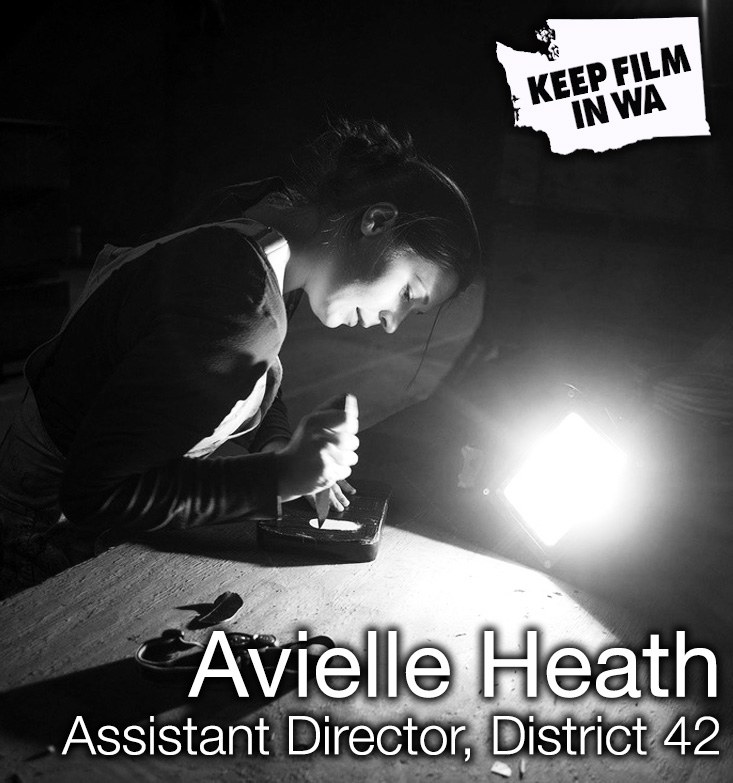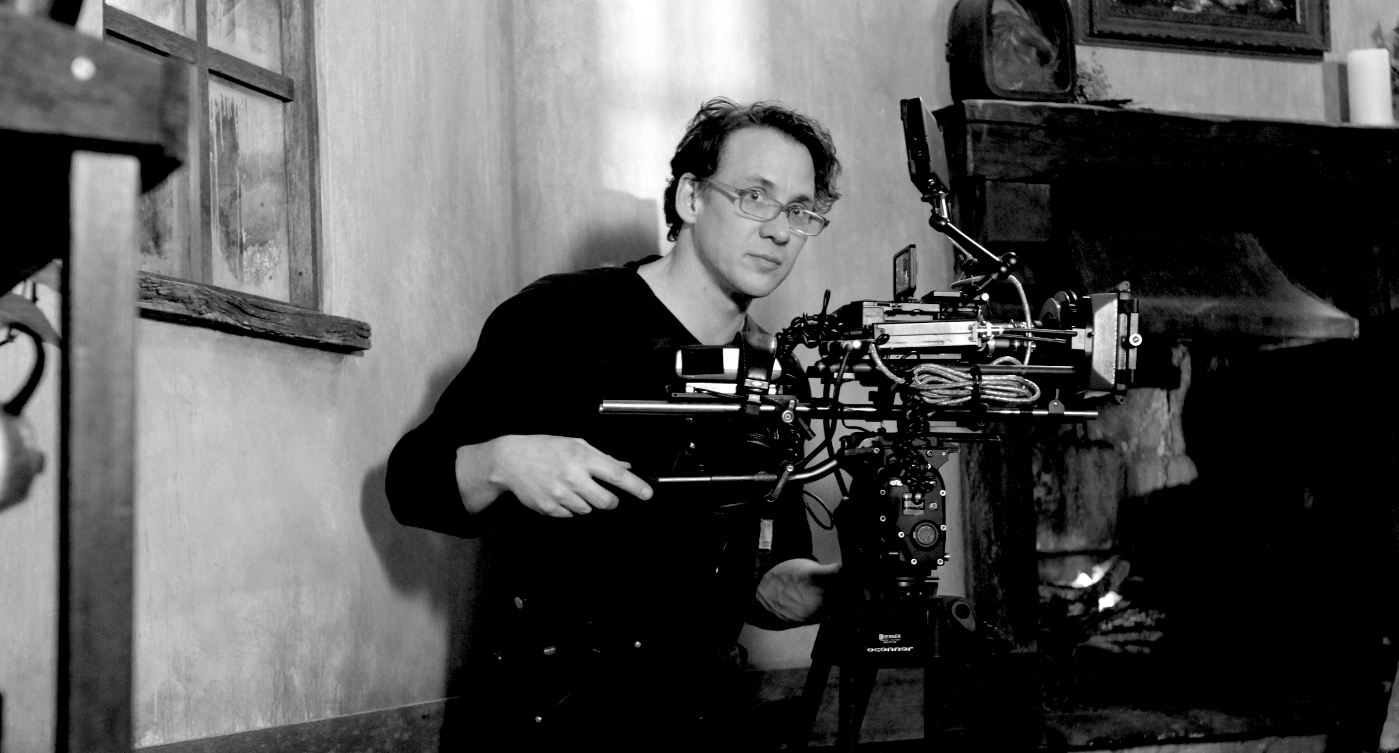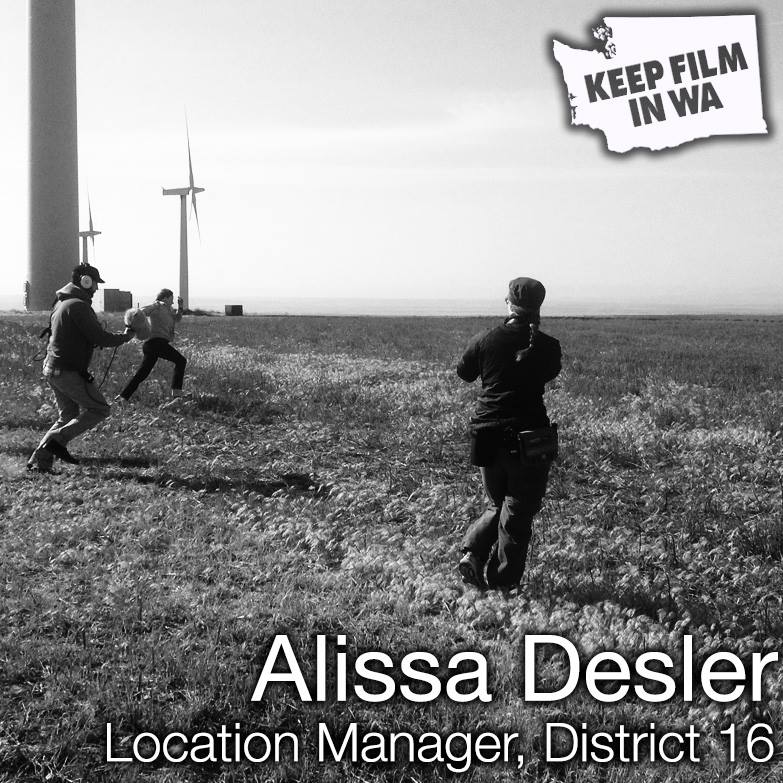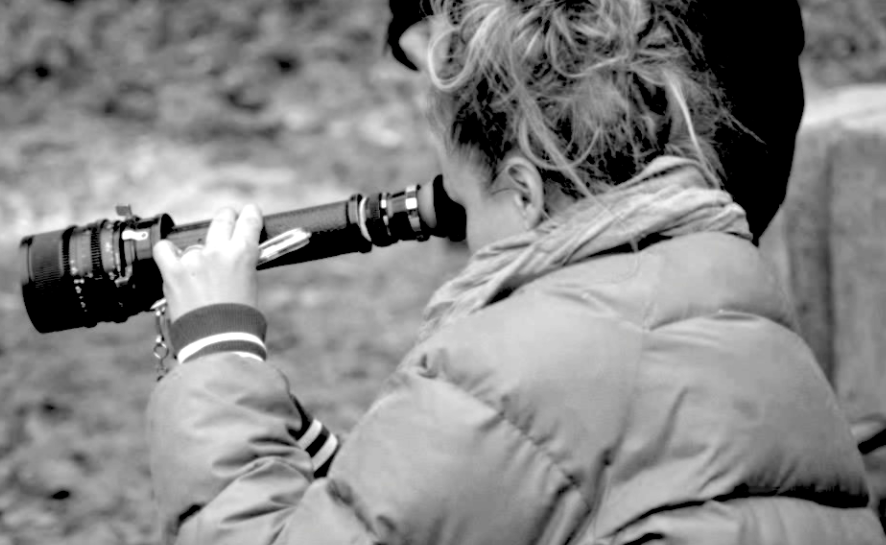
Faces of Film: Amey René
June 28th, 2017 Posted by keepfilminwa blog, Faces of Film 0 comments on “Faces of Film: Amey René”Name: Amey René
City: The offices for Amey René casting are in the Lake City neighborhood of Seattle. I have the opportunity to work with two talented casting associates, Megan Rosenfeld (who lives in District 46) and Lisa Gaviglio (who lives in District 41.)
What do you do? Briefly describe your work?
I do casting for feature films, television, new media, and commercials with offices in both Seattle and Los Angeles. My team and I collaborate frequently with local Seattle filmmakers including Megan Griffiths, Lynn Shelton, Mel Eslyn, Jennessa West, and Lacey Leavitt. Our goal is to find fresh, new, talented faces, even outside the typical acting community. We are also proud to do casting for tons of commercials that shoot in Washington, everything from car ads to Washington Lotto to Seattle Seahawks (GO HAWKS!) related projects.
Why is Washington State a great place to film?
Washington is a great place to film because it is a big family of workers. Someone who is a PA on one film may be an actor on another, or even direct his or her own short film. Everyone knows everyone, making it feel like a small town rather than a statewide industry. We all work together to grow our individual careers, as well as the community.
What do you enjoy most about the work that you do? About being on set?
This city and state is full of great talent. Some are already embedded in the film community, while others come from the stage. It’s exciting to bring amazing talent to producers and be able to say, “Yes, they live in Washington!” I love making the call to someone who is just starting out to tell them that they booked their first job.
We typically aren’t on set, unless we come for a visit. The majority of our work is done in pre-production where we work with producers, writers, and directors. You can’t start shooting without a human body in place to say the lines. We tend to be one of the first to read a script which makes us an integral part of forming the characters and the overall creative direction. We translate the director’s vision into a character that someone can embody. Our initial process is to come up with lists of actors who could fit the part. We also have auditions to find the right talent for the role. Our outreach is not just limited to agents but is influenced by theater, improv, or just someone on the street. We are always pushing unseen talent that could turn into new discoveries.
How has the incentive program played a part in your career growth?
One major feature my associates and I cast locally was Captain Fantastic. Without the incentive program in place, I’m not sure the production would have been able to shoot here. If you’ve seen the movie you know that the landscape of Washington State almost becomes another character. That movie went on to play at 2016 Sundance, Cannes and Seattle Film Festivals, and it was nominated for several awards including the Academy Award for Best Actor for Viggo Mortenson. My company was even nominated by the Casting Society of America for Casting.
What kind of financial benefits have you seen or experienced from the incentive in your greater community?
The Seattle film community is lead by several strong female voices, and without the incentive, their projects may not get made which is needed now more than ever. I can’t think of another film community that has as many Wonder Women.
What would you like legislators to know about the incentive renewal?
Through Amey René Casting, I have been fortunate enough to provide full time employment for two people, part time work for many others, and an internship program that fosters our next crop of filmmakers.
We pride ourselves on making the community more prepared by doing classes, giving feedback, preparing them not only for the current audition but the next one as well. Our talent needs to be ready for when the big jobs to come to us. Without incentive sponsored opportunities to flex the acting muscle, our talent is going to be stilted and not able to compete with larger markets that work all the time.








